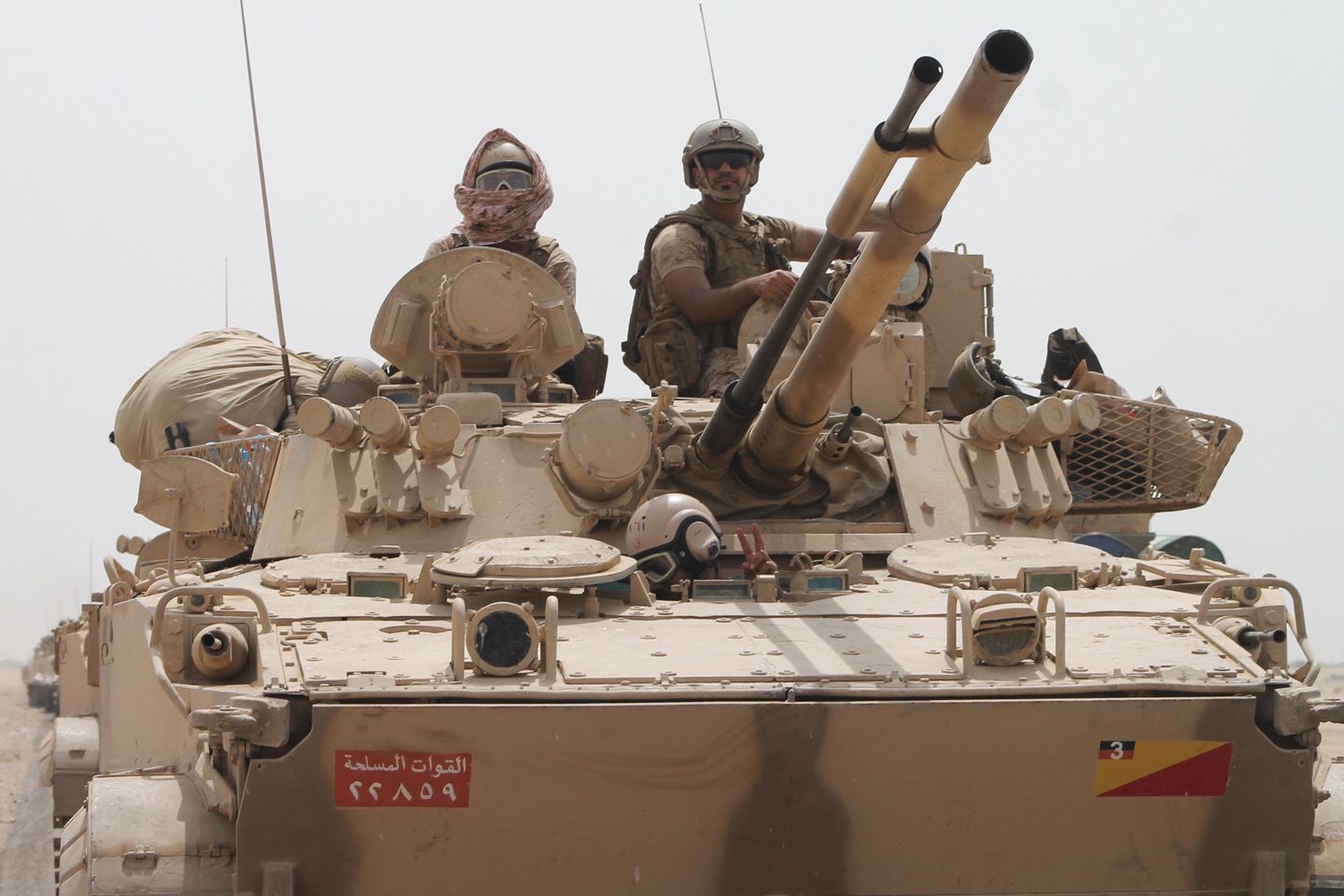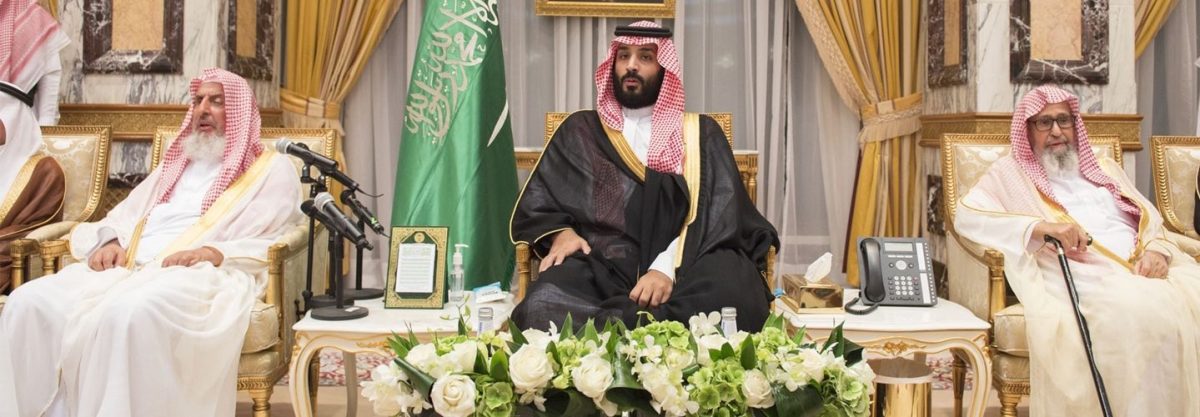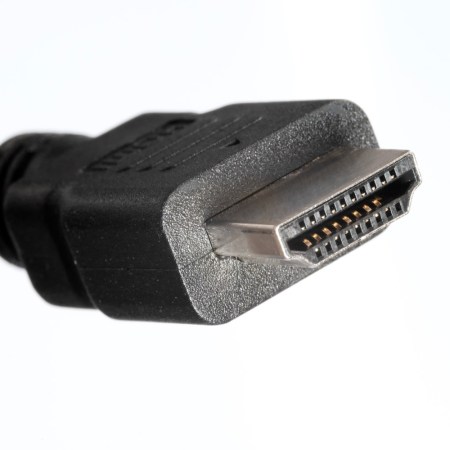R.P. Eddy and Evan Pressman are co-founders of Ergo, a leading intelligence and advisory firm. RP is a former Director of the White House National Security Council and senior U.S. diplomat. Evan was previously an award-winning journalist at CNN, where he covered the Sept. 11 attacks on New York.
In a move that was long speculated—but surprising in its timing—King Salman of Saudi Arabia this week upended the royal succession plan and put his son, Mohammed bin Salman (MbS), next in line for the throne. It’s a change that causes ripple effects far beyond the Middle Eastern power’s borders.
Since his sudden appearance on the national stage in 2015, MbS has been one of the most influential—and enigmatic—figures in the royal court, and his ascension to the position of Crown Prince caps his meteoric rise.
With a portfolio brimming with the Kingdom’s most important challenges—defense, oil, and the diversification of the economy among them—MbS, in his previous role as Deputy Crown Prince, was already the primary figure charting the future of the country. He quickly developed a reputation for being aggressive, ambitious, and unafraid to challenge customs in the pursuit of his goals. Foremost among those goals, by most accounts, was to become king—an aspiration which he is now on the cusp of achieving. Salman is 81 and ailing, meaning that MbS’s reign could begin in the not-too-distant future.
The average reign of Saudi kings has been about 12 years; at just 31 years old, MbS could conceivably rule for well over 50.
The removal of Mohammed bin Nayef (MbN) as Crown Prince was in some ways preordained. Some observers thought it was underway three years ago when MbS fired MbN’s favorite staff while the crown prince was out of the country. MbN was aware he was on his way out. We understand he had recently instructed MbS not to play games with the country’s stability and to be open about moves he and his father were plotting. Some longtime Saudi watchers panicked when the ouster was announced, knowing how fragile the House of Saud’s hold on power is and how any serious rifts within the royal court could be disastrous for the Kingdom. Thus far the transition appears to have been smooth, and we expect this to continue.
The ascension of MbS to Crown Prince, and ultimately to king, is significant not only monarchically but also for what it may portend about the future of five issues critical to the national and economic security of the Kingdom and the United States:
1) The US-Saudi relationship. For many years, MbN was the darling of the US intelligence and defense communities. US-educated and FBI-trained, he was viewed by the United States as a likeminded security official and a reliable future king cut from the same cloth as his predecessors. MbS, on the other hand, was a virtual unknown to the United States when he emerged on the scene. He is one of the few members of the Al Saud family in his generation to not be educated abroad, he had never held a significant government position, and he had no military experience. For years, official Washington has been skeptical of MbS, considering him young, immature, brash, and risky. But as MbS has used his father’s protection to amass steadily more power, he has also deftly courted the US leadership. MbS has conducted a PR campaign to show American officials that MbN is not the only constructive friend for Washington in the royal court, and that the United States should be confident with him at the helm.
The Trump administration has not sent clear signals about its view of the royal family and the future of the Kingdom. Why? Perhaps because the White House was in the process of shifting its support from MbN to MbS—who has, over the last few years, proven to be a thoughtful, dynamic, and capable leader—or because the White House and the administration simply doesn’t have a formulated position on Saudi succession, or at least isn’t telegraphing it. Regardless of the rationale, MbS has used this ambiguity to his advantage. The mixed messages from the White House after the surprise and aggressive sanctions regime Saudi Arabia and other GCC countries slapped on Qatar gave MbS more confidence that Washington would support MbN’s ouster, or at least not protest it. He was right.
Outlook: The Trump administration has shown a willingness—even a preference—to buck custom and traditional alliances in its conduct of foreign affairs. There is nothing to suggest that the White House would protest the overturning of the line of succession, even despite the decades of US support for MbN. The United States will likely quickly get behind MbS and bond over issues of mutual importance, such as the suppression of Iran. MbS’s charm offensive appears to have worked. President Trump welcomed him to the White House in March with a meeting in the Oval Office and a formal lunch in the State Dining Room, and Jared Kushner speaks with MbS regularly about regional issues in his portfolio, including peace between Israel and the Palestinians. At this point, all indications are that the US-Saudi relationship will remain strong.
2) The regional balance of power. Saudi Arabia and Iran have long been jockeying for regional supremacy—including via proxy wars—and tensions are only likely to heat up with MbS at the helm. MbS views Iran as an existential threat to the Kingdom, hence the tremendous amount of blood and treasure he has invested in the war in Yemen against the Houthi rebels (whom Iran is funding). He has ruled out any rapprochement with Iran and will go to great lengths to thwart its regional ambitions. Absent major resource constraints, an MbS-led Saudi Arabia may be more willing to ramp up the fight against Iran in other proxy conflicts, such as in Iraq and Syria.
Outlook: Relations between Saudi Arabia and Iran will continue to deteriorate, and increasing amounts of blood will be spilled as the two rival powers jockey for regional supremacy. There will be no clear “winner” in the foreseeable future.

3) Countering ISIS and domestic extremism. MbN previously served as interior minister—responsible for the Kingdom’s domestic security—and was known as a stalwart and important US ally in the global war on terror. He was credited with the success of the ministry’s counterterrorism program, and became something of a national hero when he survived an assassination attempt in his palace by an al Qaeda fighter who had hidden an explosive device in his rectum. MbS’s views on domestic extremism are unknown by comparison. Saudi stability significantly depends on the compromise between the Sauds and the conservative religious establishment. As MbS moves to modernize the economy he might get backlash from religious conservatives who could ramp up local and foreign support for ISIS and affiliated entities. MbS’s emphasis on economic reform might be an indication that he recognizes the difficulties and risks in taking on the religious establishment, and that countering ISIS will not be among his highest priorities as Crown Prince or as king in the future.
Outlook: Murky and unclear. MbS may have to placate religious extremists in Saudi Arabia in order to gain support for his ambitious economic reform agenda.
4) Oil policy. Saudi Arabia’s economic future is pinned to the successful IPO of Aramco, the state oil company. Aramco will partially list in 2018, and for the Kingdom to reap the windfall it is banking on—as much as $100 billion, based on some valuations—oil prices need to climb. MbS has been the driving force behind the IPO, so questions about whether it will ultimately go forward—there are dissenters who believe the Kingdom shouldn’t sell its golden goose—will likely be put to rest. The Saudis have shown a recent willingness to cut production in an effort to buoy prices, and there is no reason to think MbS will deviate from that plan—even if it hasn’t yet borne much fruit—with the IPO looming.
Outlook: KSA will stay the course on oil policy and move full steam ahead with the Aramco IPO.
5) Internal stability. In the coming weeks and months, we will be tracking the royal family response to the dramatic change in the traditional line of succession. If influential stakeholders believe MbN was unfairly pushed out, or that they weren’t sufficiently consulted, or that there was a “soft coup,” as the Iranians are claiming, there could be a backlash against MbS. It may come both from religious conservatives who are wary of his reform agenda and other royals who resent his rapid rise and question his suitability to be king. MbS’s major portfolio items to date—the war in Yemen, economic reforms, and driving up the price of oil—have not been smashing successes by any means, and he may not yet have accrued the political capital within the royal family that he and Salman hoped he would when they set the plan in motion to depose MbN.
Outlook: Potentially wobbly in the near term, as critics swallow the news and adversaries seek to capitalize on the uncertainty, but possibly strengthened in the long term if MbS’s economic and defense initiatives begin to deliver value. Moreover, the prospect a multi-decade MbS reign as king allays concerns about future succession crises, also strengthening perceptions of Saudi stability..eventually.
The change to the line of succession is a direct reflection of the tectonic shifts the Kingdom is undergoing economically. The world is in the midst of a massive technological revolution in energy. Oil is on its way out. It will be a decades-long process, but oil will have an increasingly diminishing value, headed to zero. Just like the country itself, the Saudi economy floats on a pool of oil—over 90% dependent on oil revenue. The Saudis are late to the game to diversify their economy; MbS is keenly aware of this, and has been moving toward modernization as fast as his sclerotic country will allow.
Will MbS’s enhanced power allow the Kingdom to get there more quickly? The Saudis should certainly hope so.
Ergo delivers frontline intelligence on critical issues across the globe. Ergo supplies “ground truth” that others can’t access by tapping into a range of unique data streams, including a proprietary network of well-placed in-country assets. Leading investors, Fortune 500 corporations, law firms, and the US and allied governments rely on Ergo to stay ahead of markets, headlines, and competitors. Harvard Business Review said Ergo is “breaking from industry orthodoxy” with a “radically new model” of consulting. Click here to find out more about Ergo.
This article was featured in the InsideHook newsletter. Sign up now.
























